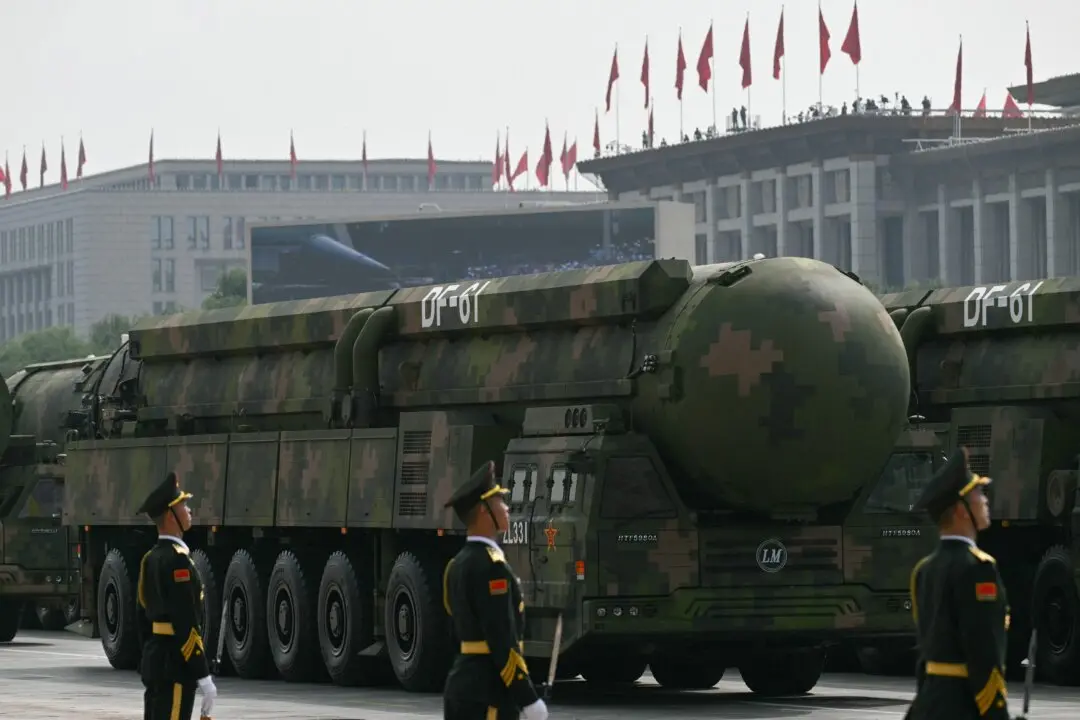The U.S. Air Force has temporarily suspended the leadership of a Massachusetts Air National Guard unit that was linked to the recent leak of classified documents associated with the ongoing war between Russia and Ukraine.
Massachusetts Air National Guard member Jack Teixeira, 21, was arrested earlier this month after authorities suspected him of orchestrating leaks of numerous classified U.S. military documents detailing the war in Ukraine. The Air Force is investigating how Teixeira could have accessed and removed copies of the documents.





